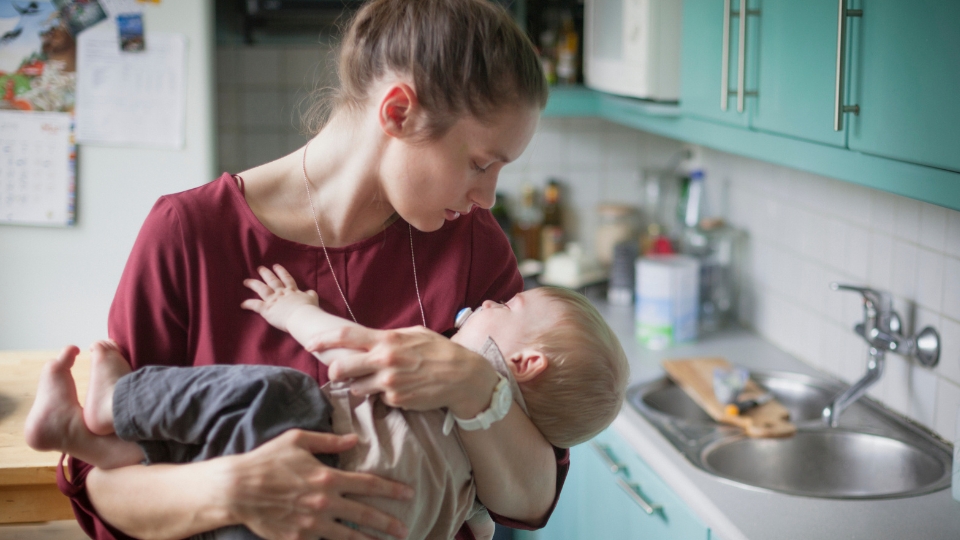As many as 1 in 4 pregnancies end in a miscarriage during the first 20 weeks — which can have traumatic psychological impacts on women and their families.
Losing a pregnancy can lead to grief, anxiety, depression, and even symptoms of post-traumatic stress disorder (PTSD). When left untreated, post-miscarriage depression — which effects 10% to 20% of women who experience a miscarriage — can have detrimental and long-lasting impacts.
According to a new analysis by the Evernorth Research Institute, which was presented at the 2023 AcademyHealth Annual Research Meeting (ARM), the prevalence of post-miscarriage depression increased from 10.5% pre-pandemic to 11.5% during the pandemic. The study analyzed the aggregated and anonymized claims data of 847,274 women with miscarriages from 2018 to 2021.
What’s more, only about 10% of women receive the full spectrum of treatment for their post-miscarriage depression, which includes therapy and antidepressants.
“Post-miscarriage depression isn’t the same as postpartum depression, in that it impacts patients differently,” said Urvashi Patel, Ph.D., vice president of the Evernorth Research Institute. “The fact that many women do not get the full spectrum of treatment they need is concerning. But it points to an area of opportunity. We need to do more to raise awareness, break down the stigma and to connect women and their families with the resources and treatment they need to get well.”
Among women with post-miscarriage depression, the prevalence of receiving no treatment declined during the pandemic (37.9% vs. 41.4% before the pandemic), mainly due to an increase in the prevalence of women receiving therapy only (21.8% pre-pandemic vs. 25% during the pandemic).
The odds of receiving the full spectrum of treatment for post-miscarriage depression was higher among:
- Older women
- Women living in areas with low levels of social needs
- Women with commercial insurance
- Women who were initially diagnosed by a nurse practitioner, physician assistant, or behavioral care provider (non-physician)
- Women with a history of depression or anxiety
“Our analysis of claims data also found that the odds of receiving treatment for post-miscarriage depression was lower among older women with multiple comorbidities, highlighting potential challenges in treating post-miscarriage depression among chronically complex patients,” Patel said.



